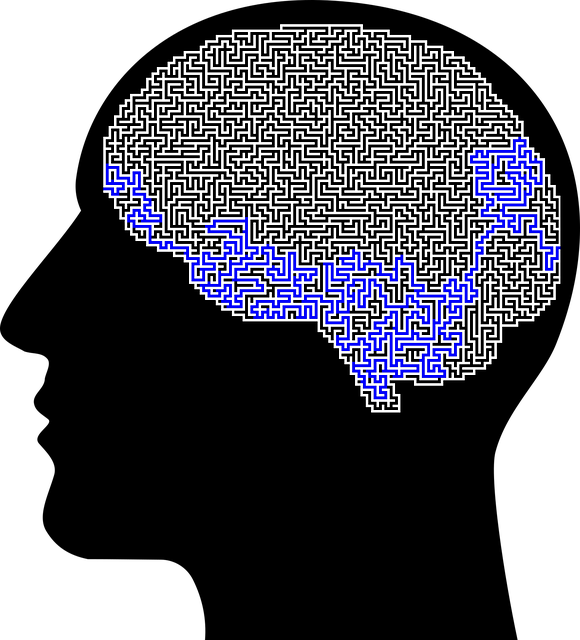Longmont Russian Speaking Therapy Services (LRSTS) offers a culturally sensitive approach to mental health care for its Russian-speaking community. They collect comprehensive data through detailed assessments and interviews, using advanced analytics like statistical methods and machine learning algorithms to personalize treatments. This process identifies trends, predicts risks, and informs tailored communication strategies that overcome cultural barriers. LRSTS' goal is to enhance emotional regulation, build resilience, and promote positive mental health outcomes for their diverse client base, ultimately fostering a supportive and inclusive community.
Mental health data analysis is a powerful tool for understanding and improving patient outcomes, especially within niche communities like Longmont’s Russian-speaking population. This article explores the intricacies of mental health data collection within Longmont Russian Speaking Therapy Services, delving into effective analytical techniques to interpret patient progress and identify trends. We discuss how these insights can drive personalized care and inform community support strategies, ultimately enhancing the accessibility and quality of services.
- Understanding Mental Health Data Collection within Longmont Russian Speaking Therapy Services
- Applying Analytical Techniques to Interpret Patient Progress and Identify Trends
- Utilizing Insights for Personalized Care and Community Support Strategies
Understanding Mental Health Data Collection within Longmont Russian Speaking Therapy Services

Mental health data collection within Longmont Russian Speaking Therapy Services (LRSTS) involves a multifaceted approach tailored to meet the unique needs of their Russian-speaking community. The process begins with comprehensive assessments, utilizing standardized tools and interviews to gather insights into individuals’ psychological well-being. This initial step is crucial for understanding clients’ backgrounds, cultural perspectives, and specific challenges related to mental health.
LRSTS employs a team of therapists who speak Russian fluently, enabling effective communication and building resilience in a supportive environment. By integrating advanced data analytics techniques, the therapy services identify trends and patterns within the collected data. This analysis aids in personalizing treatment plans, enhancing therapeutic interventions, and implementing effective risk management planning for mental health professionals. Furthermore, it facilitates the development of tailored communication strategies that address cultural barriers and promote positive mental health outcomes.
Applying Analytical Techniques to Interpret Patient Progress and Identify Trends

In the realm of mental health data analysis, advanced analytical techniques play a pivotal role in understanding patient progress and recognizing broader trends within the population served by Longmont Russian Speaking Therapy. By applying sophisticated statistical methods and machine learning algorithms, therapists can uncover valuable insights that were previously hidden within raw data. This enables them to tailor interventions more effectively, ensuring that each patient receives personalized care that addresses their unique needs.
For instance, these techniques can help identify patterns in patient responses to various therapeutic modalities, facilitating the development of evidence-based practices. Moreover, by analyzing trends over time, mental health professionals can assess the impact of interventions, track progress, and even predict potential risks. This proactive approach to risk management planning, supported by data analysis, is crucial for maintaining emotional regulation among patients and fostering resilience building within the therapeutic setting.
Utilizing Insights for Personalized Care and Community Support Strategies

The insights gleaned from mental health data analysis can significantly drive personalized care strategies for individuals seeking services, such as those availing of Longmont Russian Speaking Therapy. By understanding trends and patterns within specific communities, healthcare professionals can tailor interventions to address unique cultural and linguistic needs. This approach ensures that support mechanisms are inclusive and effective, fostering a sense of belonging and confidence among diverse populations.
Moreover, these data-driven insights can inform community support strategies, enhancing the overall mental well-being of Longmont’s multicultural residents. Incorporating cultural sensitivity in mental healthcare practice, such as integrating Conflict Resolution Techniques, can create safe spaces where individuals feel understood and empowered to seek help. Ultimately, this personalized and culturally responsive approach contributes to building resilient communities that support mental health and boost confidence on a broader scale.
Mental health data analysis is a powerful tool for Longmont Russian Speaking Therapy Services to improve patient outcomes. By understanding unique data collection methods, applying robust analytical techniques, and utilizing these insights, the therapy center can offer personalized care tailored to individual needs. This strategic approach not only benefits patients but also allows for the development of effective community support strategies, ensuring a holistic and impactful mental health care system in Longmont.














